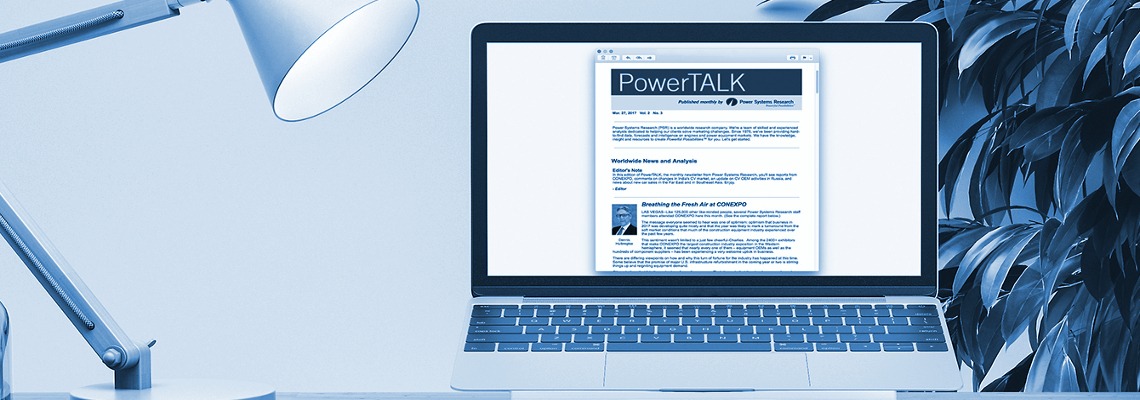Tesla Refinery Project Advances in Texas
Tesla is currently working on a lithium refinery project that would be coming to Corpus Christi, Texas, and it sounds like the automaker is in the final stretch of its negotiations with the authorities.
In September, we learned that Tesla has a plan to build a lithium refining facility on the Gulf Coast of Texas. At the time, all we knew was that Tesla was planning on moving fast with hope to start building in Q4 2022.



